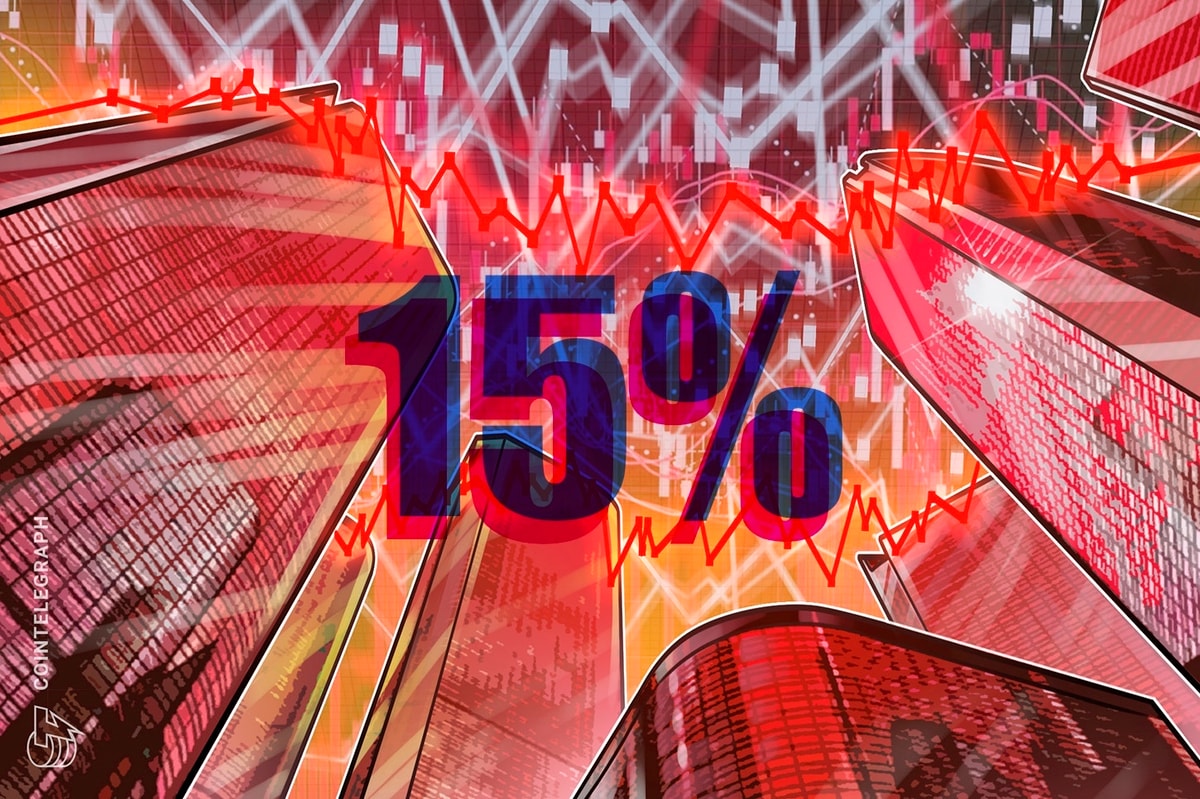Tencent, China’s most valuable company, has signaled it’ll join its Silicon Valley counterparts in shifting its focus toward artificial intelligence (AI) endeavors going forward.
The news comes amid slumping revenues for the 25-year-old tech behemoth’s gaming sector — a division that, to date, has been responsible for nearly one-third of the company’s profits.
Peaks and valleys
The Chinese gaming sector made $16.9 billion worth of deals in 2018, according to a report from The Verdict. Deals dropped to $10.3 billion in 2020 and were down to $158 million as of 2023.
Tencent — which publishes the global hit games PUBG: Battlegrounds and Honor of Kings, among others — saw gaming revenues drop significantly.
Speaking at an annual corporate event in China on Jan. 29, Tencent CEO Pony Ma called gaming the company’s “flagship business” but warned it faced “significant challenges” in the past year.
According to a translation published by Seeking Alpha, the CEO acknowledged Tencent’s lagging position among Chinese competitors in the gaming sector:
“We have found ourselves at a loss, as our competitors continue to produce new products, leaving us feeling having achieved nothing.”
Artificial intelligence
In response to faltering profits, Ma appears to have signaled the company’s intent to shift more focus toward AI technologies.
The CEO acknowledged that Tencent wasn’t currently considered the industry leader in AI but added that the company wasn’t that far behind its competitors. “We can finally follow the pace of the first-tier companies,” he noted.
The company’s AI ambitions may ride squarely on the shoulders of Hunyuan, a large language model positioned as a local competitor to OpenAI’s ChatGPT.
Related: US sanctions over China's military use of Baidu chatbot could spell bad news for the AI industry
Tencent launched Hunyuan for enterprise use in September 2023. It quickly rose among the ranks to become one of the country’s most popular models alongside Alibaba’s Tongyi Qianwen and Baidu’s Ernie Bot.
Prior to the emergence of ChatGPT, China set a goal of becoming the global leader in artificial intelligence by 2030. However, with OpenAI’s current global market dominance and Nvidia’s position as hardware leader in the AI race, it’s unclear if China’s ambitions remain feasible.











